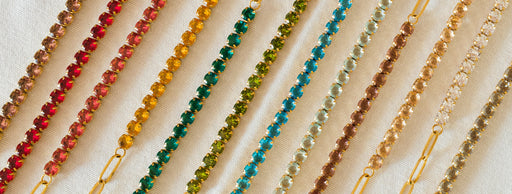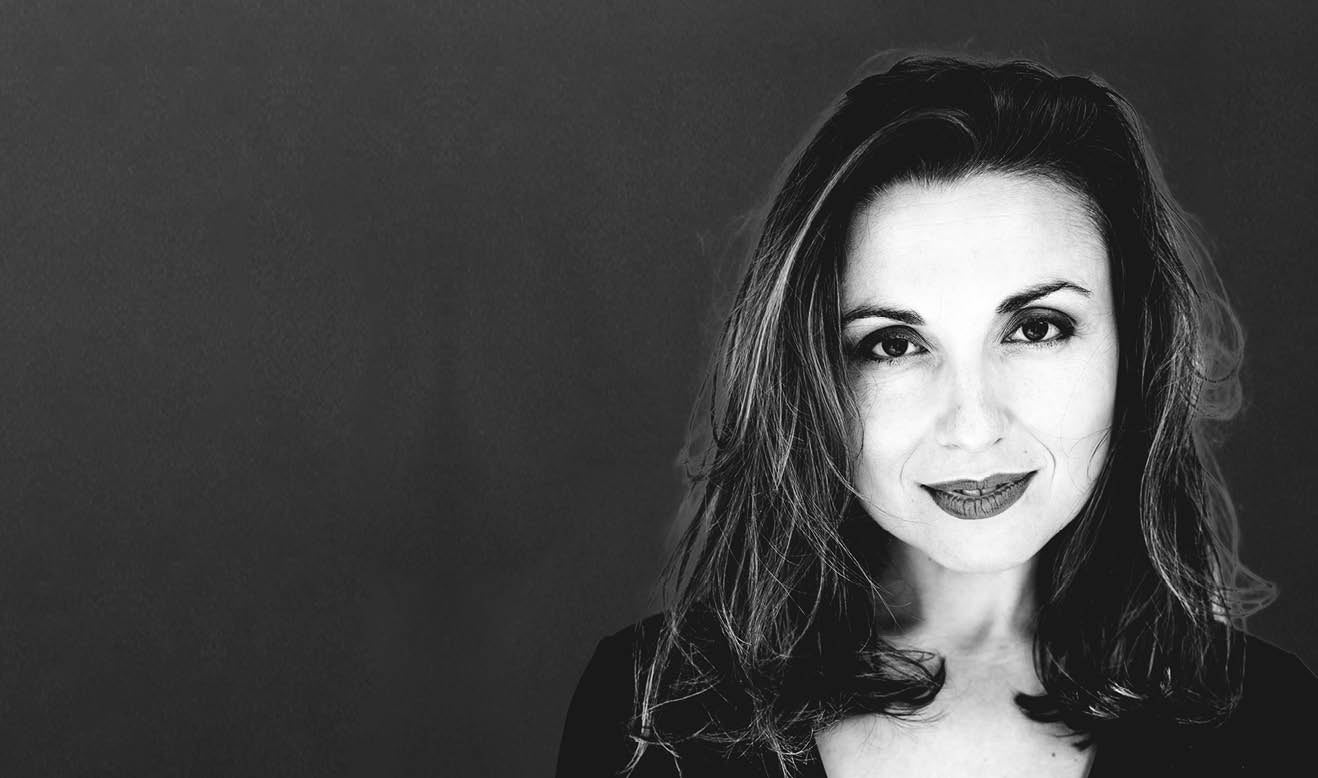Meet Angele Galea– A successful actress, writer, and career woman but also extremely passionate about women’s issues and empowerment.
Angele Galea, household name and face, recently starred in a new production called Uwijja, written and produced by Keith Tedesco. The production is about John, a Maltese student with big dreams and a serious lack of sleep. He has had a busy and exhausting last couple of days, and it all takes a toll on him for one night whilst driving home from work. He goes missing and the production sees a series of coincidental events on a night of tragedy. Scroll down to listen to the full podcast.

Apart from starring as John’s mother in this incredible production, Angele also presents the lottery, she is a presenter on a radio station, and a writer and actress mostly in theatre and TV. She was also the artistic director Science in the City, giving it up this year to make way for new talent and experiences.
However, Angele is not just any writer. Her aim is to write pieces that tackle women’s issues that go easily unnoticed by the public.
‘I am a writer, actor, and a producer. I see myself as a new writer. After 4 years of research on women in prostitution, I did a production concerning the topic and how difficult it is for children to get out of it. The production tackled the huge stigma that is suffered by children. I also wrote another piece the genetic effect of domestic violence; the PTSD that one gets in domestic violence can affect the jumping genes.’
Angele is currently researching on human trafficking, especially when it comes to young children and one of the things that she is going to explore in her new production is the regret that children feel as they get older, that they didn’t know that they were being trafficked.
Angele found herself in Uwijja because Keith called her and because she is a close friend of Clare Agius who plays Maria in the film.
‘I felt that the message that Keith wanted to explore was well needed. There is so much anger and irresponsible driving. I wanted to be a part of it. Drink driving is so incredibly common. It is a bad attitude that we cannot get rid of. No one is learning from the tragedies that are happening.’
Angele admits that her role was very traumatic for her, especially the scene in which she had to identify the body of her dead son.
‘I’m affected by every role. I became the mother that her son died. I always feel guilty because I can let go of a character because it has not happened to me. But there are mothers who passed through this. I was trembling up to it and after. In Malta, this is becoming the new pandemic.’
Angele focuses on the fact that we need more stories about women – all types of women.
‘A lot of women watch our plays and can relate to them. Getting to know their side of the story is very important for all genders. Even in history, we know everything in the male perspective. Why aren’t we saying the World War II story from the perspective of a woman who gave birth under a bed? It’s a part of history that we are losing.’
Trudy asks Angele a very thought-provoking question…post-pandemic, is there still space for mainstream theatre given that we have heavily discovering Netflix and the comfort of watching movies from our home?
‘We are a species that loves herding’, Angele replies. ‘As much as Netflix is so available, it does not give us the connection that we crave. When we did the play ‘Her Say’, the theatre was packed – like nothing I had ever seen even before the pandemic. The audience was so engaged. Theatre will never go out of style. None of the ways of listening to stories will stop because people love stories, especially when they are told live.’
One of the most prominent productions that Angele has worked on is called ‘One of Us’ in which she studied women at a drop-in centre. This centre helped women in need (sometimes homeless women) and gave them food, a warm shower, and offered services like doctors and lawyers.
‘Volunteers at this centre are mostly elderly women, and they love these women to bits. I used to go there to hear their stories and immerse myself in their world and learn how they look at life. I did not want to have a story about one particular person because Malta is so small. So, I did a play about three generations of women that are stuck in this cycle. It was triggered by a case in Valletta – her daughter committed suicide by jumping out of the window because her boyfriend left her. I wanted a happy ending somehow. The daughter still dies in the play, but her mother realises that she needs to do better.’
Angele is currently working with Valarie Buhagiar to explore stories about Maltese women and how they been overlooked and taken for granted.
‘That is still in the pipeline. We still need to develop it. Valerie is in a production in Canada. I like working with women because we have so much in common and we understand each other instantly.’
Thank you, Angele for doing what you; for going into these situations where women are marginalised and struggling and blowing up these issues so that everybody can see – so that other women can acknowledge that these issues do exist. It is through people like you, that women can find strength. Listen to the full podcast below.









































































































